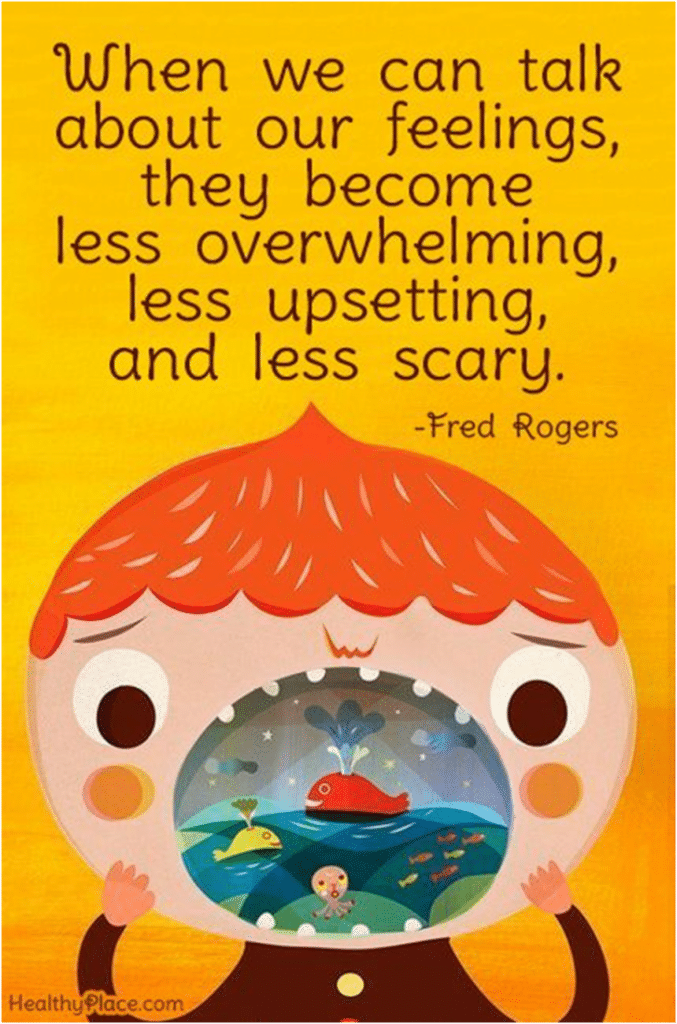What is ELSA?
There will always be children and young people in schools facing life challenges that detract from their ability to engage with learning, and some will require greater support to increase their emotional literacy than others. ELSA is an initiative developed and supported by educational psychologists. It recognises that children learn better and are happier in school if their emotional needs are also addressed.
We are lucky enough to have two qualified Emotional Literacy Support Assistants at Kirkella St Andrews. They have been trained by Educational Psychologists to plan and deliver programmes of support to pupils who are experiencing temporary or longer term additional emotional needs. The majority of ELSA work is delivered on an individual basis but sometimes small group work is more appropriate, especially in the areas of social and friendship skills. Sessions are fun, we use a range of activities such as: games, therapeutic stories, various interventions, role-play with puppets or arts and craft. ELSA sessions take place in our very own ‘ELSA room’ that provides a calm, safe space for the child to feel supported and nurtured.
In ELSA we aim to provide support for a wide range of emotional needs:
Recognising emotions and feelings
- Self-esteem
- Social skills
- Friendship skills
- Anger management
- Loss and bereavement
- Anxiety
How does ELSA work?
The child’s class teacher, parent or on occasion the SENCo, usually refers children for ELSA support. Parents who wish to refer their child should talk to the class teacher in the first instance. With the programme aims in mind we then plan support sessions to facilitate the pupil in developing new skills and coping strategies that allow them to manage social and emotional demands more effectively. Each session lasts from 30 – 45 minutes once a week for at least half a term.
Supporting – not fixing
Remember, ELSAs are not there to fix children’s problems. In most cases we can’t.
What ELSAs can do is provide emotional support. We aim to establish a warm, respectful relationship with a pupil and to provide a reflective space where they are able to share honestly their thoughts and feelings. In our ELSA role we use basic counselling skills (including active listening, problem clarification, open questions) to guide conversations. We avoid rushing in with suggested solutions and instead assist the pupil to reflect on their concerns and lead them to explore possible strategies and solutions for themselves.
It needs to be appreciated that change cannot necessarily be achieved rapidly and is dependent upon the context and complexity of the presenting issues. For children with complex or long-term needs it is unrealistic to expect ELSA intervention to resolve all their difficulties, however support will be designed to target specific aspects of a child’s need. Training and development of ELSAs is an ongoing process and wisdom is required to recognise when issues are beyond the level of expertise that could reasonably be expected of an ELSA. The Educational Psychologist that works with our school would be able to offer advice on suitability or nature of ELSA involvement in complex cases.
Mrs Caley, Mrs Cook and Mrs Clarkson




